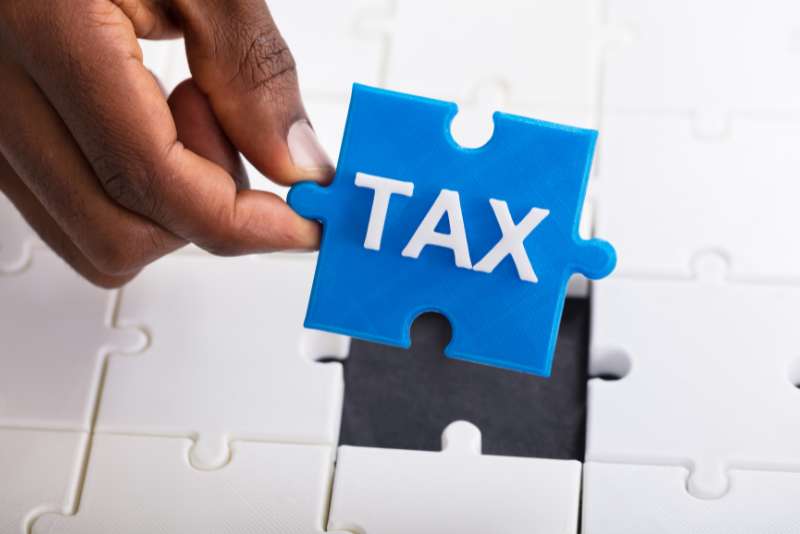
The Directorate General of GST Intelligence (DGGI) has initiated investigations into about a dozen casinos operating in Goa and Sikkim, alleging tax avoidance amounting to Rs 10,000 crore. The focus of these investigations is on the inaccurate payment of GST at a rate of 18 percent, lower than the mandated 28 percent, and the misuse of Input Tax Credit (ITC) through fraudulent claims.
Tax Law Ambiguity at the Core
The ambiguity in tax laws has created a situation where some casinos took advantage of the unclear tax rates and remitted GST at a much lower 18 percent. It was only after the 50th GST Council meeting that the tax rate for casinos was clarified and set at 28 percent. However, this decision came too late for several casinos already under the DGGI’s investigation, which had begun before the rate clarification.
Contradictory Statements
Revenue Secretary Sanjay Malhotra stated that the tax rate for real money games had always been fixed at 28 percent and the post-GST Council meeting announcement was merely a clarification. This statement contradicts the claim that the tax law ambiguity led to the lower GST remittances by certain casinos.
Delta Corp’s Stock Reacts
Reports of the tax avoidance probe had an impact on the prices of Delta Corp, a major player in the gaming industry. The company’s stock slid over 3 percent from its intra-day high following the news.
The ongoing investigations by the DGGI will shed further light on the alleged tax avoidance practices by casinos in Goa and Sikkim. The case underscores the need for clear and unambiguous tax laws to prevent potential misuse and ensure fair taxation in the gaming industry.
You may also read: Former CM Chamling Criticizes Golay Government’s Response to Padam Gurung’s Case
Gangtokian Web Team, 24/07/23
















































